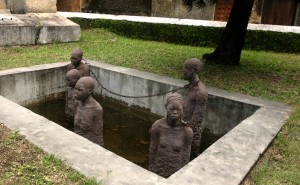This is an archive of prayers for the first day of Pesaḥ (Passover), extended to two days outside of Erets Yisrael. Click here to contribute a prayer you have composed for Pesaḥ. Filter resources by Collaborator Name Filter resources by Tag Filter resources by Category Filter resources by Language Filter resources by Date Range
The first day of Pesach, according to the Sages, is the day the world is judged for grain and dew. Because of this, many customs have developed tying it into the pomp of the High Holy Days. One custom preserved in many medieval maḥzorim is to extend the final blessing of the the Musaf “Tal” (Dew) service, including a Hayom piyyut, a piyyut form otherwise almost exclusively associated with the Yamim Noraim. This extended Sim Shalom berakha including piyyutim is presented here, largely based on the form compiled by Ernst Daniel Goldschmidt (zatsal). . . . “Desselben Inhalts [Am Osterfeste, Paßah (פסח) v.2]” was translated/adapted by Yehoshua Heshil Miro and published in his anthology of teḥinot, בית יעקב (Beit Yaaqov) Allgemeines Gebetbuch für gebildete Frauen mosaischer Religion. It first appears in the 1829 edition, תחנות Teḥinot ein Gebetbuch für gebildete Frauenzimmer mosaischer Religion as teḥinah №24 on pp. 30-32. In the 1835 edition, it appears as teḥinah №24 on pp. 35-37. In the 1842 edition, it appears as teḥinah №26 on pp. 38-40. . . . “Am Osterfeste, Paßah (פסח)” was translated/adapted by Yehoshua Heshil Miro and published in his anthology of teḥinot, בית יעקב (Beit Yaaqov) Allgemeines Gebetbuch für gebildete Frauen mosaischer Religion. It first appears in the 1829 edition, תחנות Teḥinot ein Gebetbuch für gebildete Frauenzimmer mosaischer Religion as teḥinah №23 on pp. 28-30. In the 1835 edition, it appears as teḥinah №23 on pp. 33-35. In the 1842 edition, it appears as teḥinah №25 on pp. 36-38. . . . |



